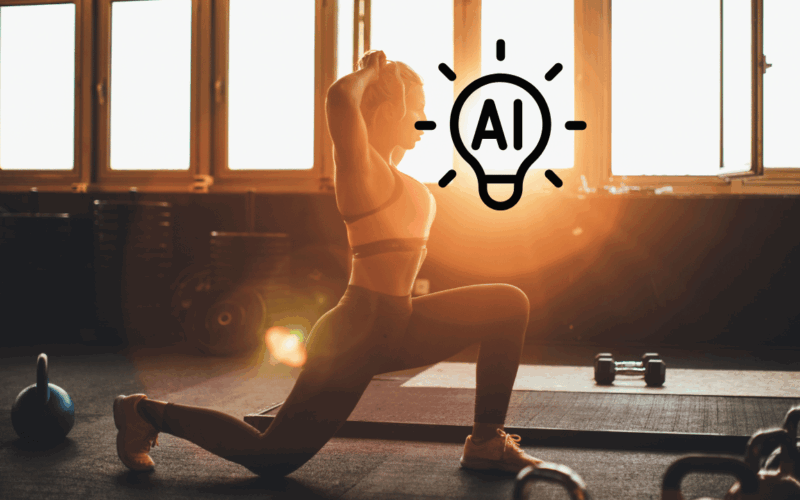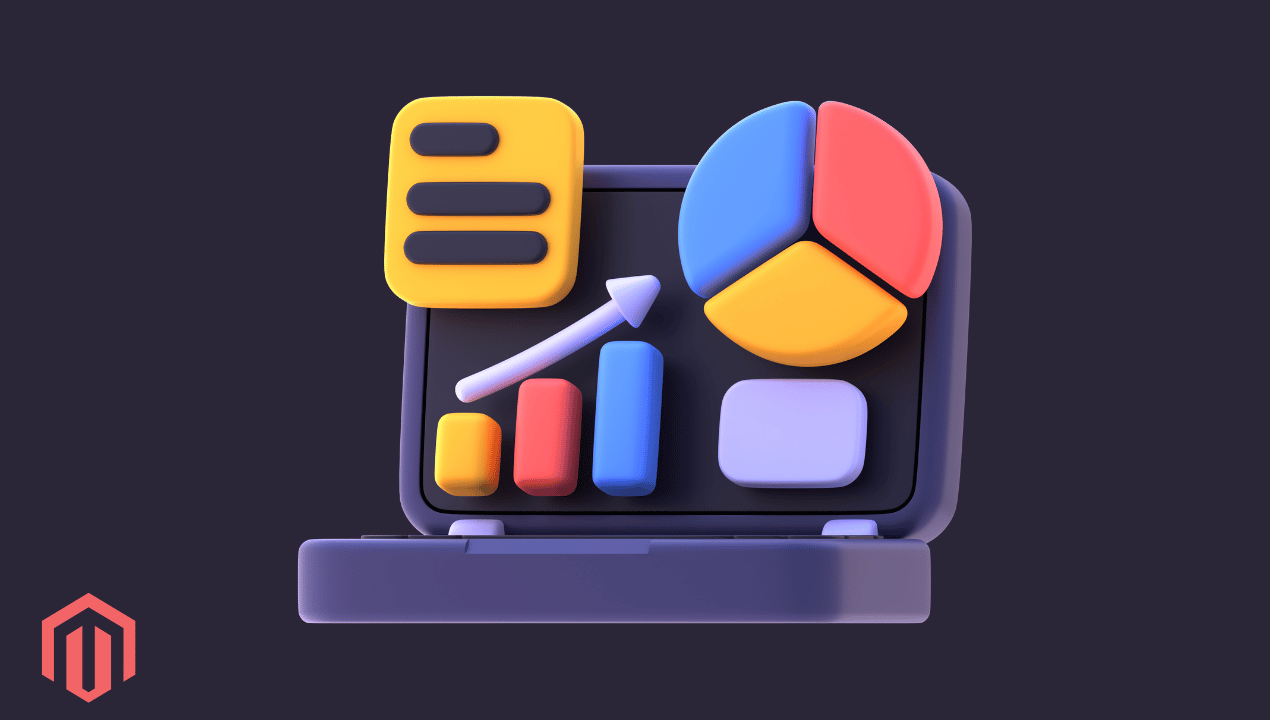Fitness is no longer one-size-fits-all. As AI transforms nearly every industry, it’s making massive waves in the world of fitness. Whether you manage a gym, run an online coaching business, or are a solo fitness enthusiast, AI-powered gym software can elevate your workouts with personalized training plans, real-time adjustments, and deep performance insights. In this article, we’ll share the ultimate list of the best AI (artificial intelligence)- gym software for personalized workouts.
This comprehensive guide explores the best AI gym software in 2025, designed to personalize workouts, track progress, and help fitness businesses scale smarter. From machine-learning-driven workout generators to AI coaches that adapt to your data, these tools are shaping the future of fitness.
Why AI-Powered Fitness Software Matters
AI in fitness isn’t just about convenience—it’s about precision. Personalized workouts tailored to your body type, fitness level, and goals lead to better results, reduced injury risk, and improved motivation.
Benefits of AI gym software:
- Automatically adapts workouts based on real-time feedback
- Tracks fatigue, recovery, and progress with data-driven insights
- Supports remote coaching with dynamic plan updates
- Offers predictive analytics for performance peaks and plateaus
- Increases gym retention rates with tailored client experiences
1. Freeletics AI Gym
Freeletics uses AI to deliver hyper-personalized fitness plans for bodyweight, running, and gym training.
Key features:
- AI coach that adapts to feedback after each workout
- Programs tailored to goal types (weight loss, strength, endurance)
- Integrates rest, recovery, and time constraints
Best for:
- Solo users, remote clients, or hybrid gyms
Pros:
- Highly intuitive and user-friendly
- Flexible around schedules and fitness levels
Cons:
- Focuses mainly on bodyweight and HIIT
2. Trainerize with AI Integration
Trainerize isn’t exclusively AI-driven but incorporates AI features within its coaching platform.
Key features:
- Automated workout suggestions based on client behavior
- AI-driven meal planning integrations
- Tracks client habits and offers adaptive coaching prompts
Best for:
- Personal trainers and boutique fitness studios
Pros:
- Combines automation with hands-on coaching
- Deep integrations with wearables and apps
Cons:
- Less fully AI-driven than some competitors
3. Volt Athletics AI Gym
Volt uses AI to generate sport-specific and fitness training plans for both individuals and teams.
Key features:
- AI-powered strength and conditioning programs
- Dynamic training that updates based on athlete feedback
- Tailored plans for sports teams, military, and general fitness
Best for:
- Gyms serving athletes, teams, or strength-focused clients
Pros:
- Elite-level programming accessible to all
- Easy adjustments based on performance data
Cons:
- Limited cardio or non-strength training options
4. Fitbod
Fitbod is an AI-driven app designed to generate gym-based strength workouts personalized to equipment availability and fitness goals.
Key features:
- Adjusts sets, reps, and weights based on progress
- Learns from workout history to optimize future plans
- Suggests alternatives if equipment isn’t available
Best for:
- Individual gym-goers and strength trainers
Pros:
- Simple UX with smart progressions
- Affordable subscription for solo use
Cons:
- Not built for coaches or gym management
5. Kaia Health AI Gym
Kaia Health focuses on AI-powered motion tracking for injury prevention and rehabilitation, blending fitness with physiotherapy.
Key features:
- AI motion analysis via smartphone camera
- Tailored workout programs based on posture and mobility
- Real-time corrective feedback
Best for:
- Gyms offering wellness, physiotherapy, or injury recovery
Pros:
- Innovative body-tracking technology
- Excellent for rehab and functional training
Cons:
- Not designed for traditional strength or cardio plans
6. Tonal AI Gym
Tonal is a smart home gym that uses AI to adapt resistance and monitor strength training progress.
Key features:
- Digital weights with automatic adjustments
- Tracks range of motion, tempo, and form
- Progresses users based on strength curve data
Best for:
- Boutique studios, home fitness, or high-end personal training
Pros:
- Smart AI-driven resistance training
- Excellent form correction and feedback
Cons:
- Hardware-dependent, expensive upfront cost
7. Gym AI List: Mindbody with AI Extensions
Mindbody is primarily a gym management software, but it integrates AI-driven features like customer behavior tracking and personalized marketing.
Key features:
- AI-powered marketing automations
- Tracks client preferences for personalized offerings
- Scheduling and workout recommendation extensions
Best for:
- Gyms needing business operations plus client personalization
Pros:
- Combines CRM with AI-driven insights
- Helps improve member retention
Cons:
- AI features are supplemental, not core workout tools
8. EGYM Smart Strength: Gym AI List
EGYM offers connected strength training equipment enhanced with AI, adjusting resistance and reps based on user performance.
Key features:
- Adaptive resistance for each exercise
- Tracks biological age and fitness levels
- Cloud-based progress tracking and reporting
Best for:
- Commercial gyms and wellness centers
Pros:
- Seamless member experience with automated adjustments
- Data-rich dashboards for gym owners
Cons:
- Requires investment in hardware
9. Vi Trainer
Vi Trainer is an AI-driven running and cardio coach that delivers real-time feedback based on pace, heart rate, and goals.
Key features:
- AI voice coach adjusts workouts dynamically
- Integrates with fitness trackers for smarter feedback
- Provides adaptive training plans for endurance goals
Best for:
- Cardio-focused clients, running groups, hybrid training models
Pros:
- Real-time AI feedback for cardio users
- Highly motivational and data-driven
Cons:
- Not designed for strength training or gym environments
10. Forge AI: Gym List
Forge AI is built for strength coaches and gyms, offering adaptive programming for hypertrophy, strength, and conditioning.
Key features:
- AI adapts training based on fatigue, readiness, and performance
- Data-driven program adjustments in real time
- Dashboard analytics for both clients and coaches
Best for:
- Strength gyms, hybrid online coaches, competitive lifters
Pros:
- True AI-driven adaptive coaching
- Tracks readiness metrics like sleep and recovery
Cons:
- Requires commitment to data tracking for best results
AI Gym Software Comparison Table
| Software | Best For | Core AI Features | Pros | Cons |
|---|---|---|---|---|
| Freeletics | Solo users, hybrid gyms | AI workout generator, adaptive plans | Flexible, beginner-friendly | Focused on HIIT, less gym-based |
| Trainerize | Coaches, personal trainers | AI workout suggestions, habit tracking | Highly customizable for trainers | Not fully AI-driven |
| Volt Athletics | Athletes, teams, strength gyms | Dynamic training, auto progression | Elite-level programming | Limited non-strength features |
| Fitbod | Individual gym-goers | Adjusts reps, weights based on progress | Smart gym-focused programming | No coaching or team features |
| Kaia Health | Wellness, rehab, injury prevention | Motion tracking, posture correction | Great for rehab and mobility | Not for heavy strength training |
| Tonal | Home users, boutique studios | AI strength tracking, smart resistance | Advanced form correction | Hardware required |
| Mindbody + AI | Gym owners, operators | Behavior tracking, marketing AI | Combines CRM with AI personalization | AI not workout-focused |
| EGYM Smart Strength | Commercial gyms, wellness centers | Adaptive resistance, cloud progress tracking | Seamless experience with equipment | Equipment-dependent |
| Vi Trainer | Runners, cardio clients | AI voice coaching, pace-based adaptation | Real-time, motivating for cardio | No strength programming |
| Forge AI | Strength coaches, hybrid coaching | Adaptive fatigue-based adjustments | Serious performance tracking | Data setup required |
How to Choose the Right AI Fitness Software
The right software depends on your fitness goals or business needs.
- For personal users: Look for apps like Fitbod, Freeletics, or Vi Trainer for cost-effective, flexible workout generation.
- For gyms or studios: Consider EGYM, Forge AI, or Tonal for deeper member personalization and progress tracking.
- For coaches: Trainerize and Volt Athletics offer tools to manage clients while scaling your coaching services.
Final Thoughts
AI gym software is no longer just a luxury—it’s quickly becoming a core part of the modern fitness experience. Whether you’re aiming for smarter strength programming, tailored cardio plans, or scalable coaching, these platforms deliver personalization that static plans simply can’t match.
Choosing the right AI-powered solution means better outcomes for clients, greater engagement, and faster progress. The future of fitness is adaptive, intelligent, and personal—and it’s here now. Explore, test, and find the tool that fits your goals.








